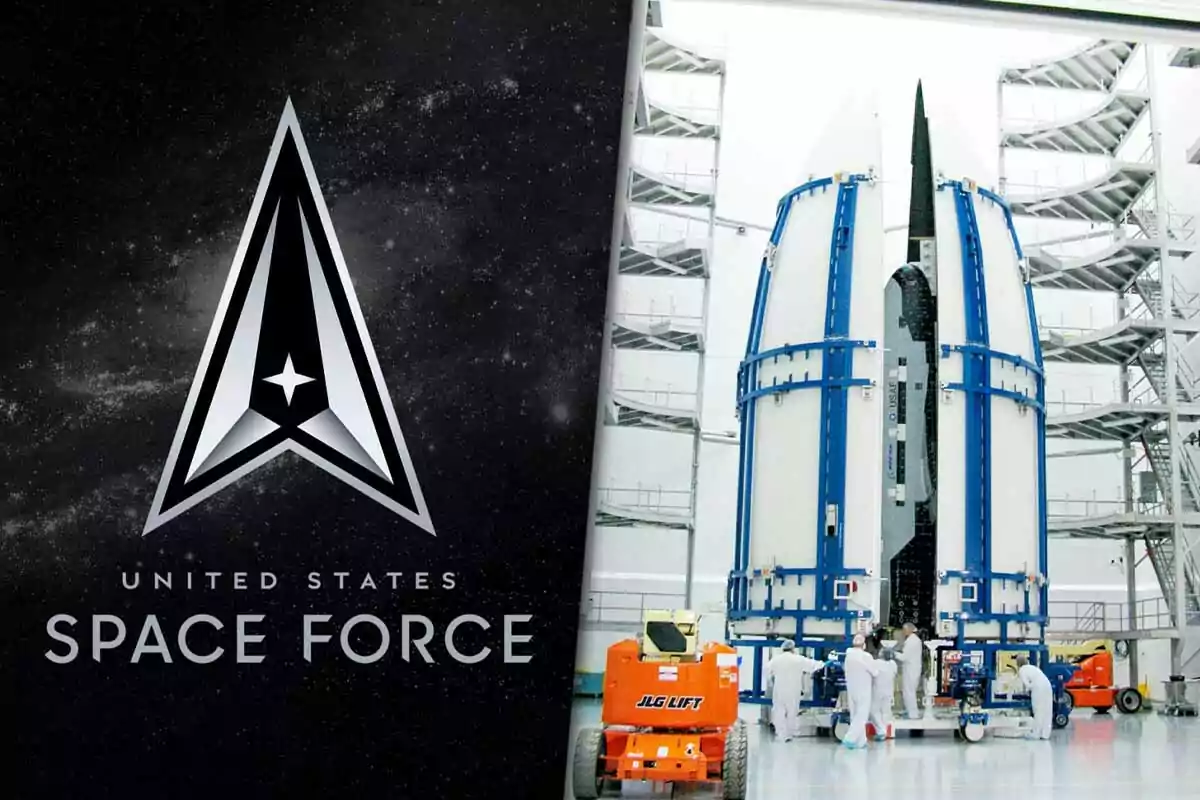
The U.S. Space Force tests a quantum navigation system without GPS
The X-37B will take off in August to test quantum navigation sensors in areas where GPS doesn't work
The Space Force of the United States has confirmed that in August it will launch its X-37B spacecraft again. It is an unmanned vehicle that remains in orbit for months or even years.
The main objective will be to test a new quantum navigation system that operates without the need for GPS.
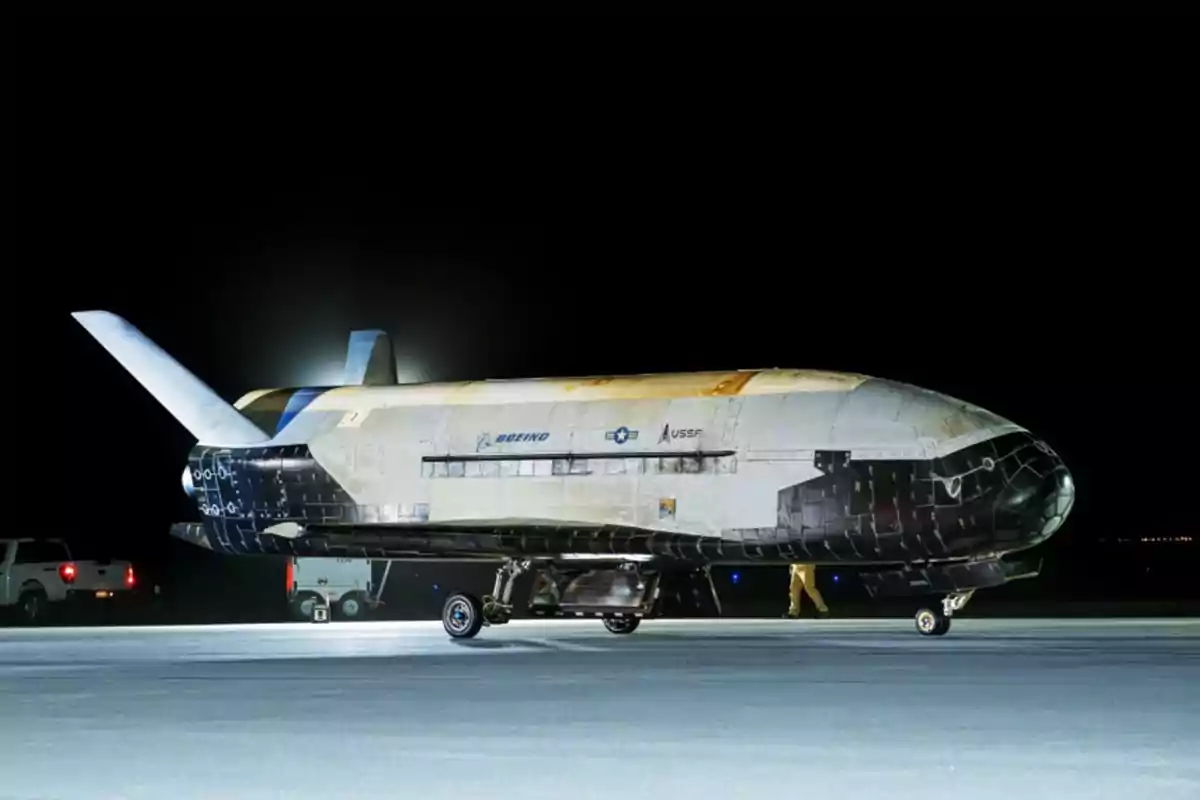
When does the X-37B launch and from where?
- The launch is scheduled for no earlier than August 21.
- It will be from the Kennedy Space Center in Florida.
- The chosen rocket is a SpaceX Falcon 9.
There are two active X-37Bs, manufactured by Boeing. The first one debuted in 2010 and since then has carried out increasingly longer missions. The current record is 908 days in orbit.
Why is this mission different from previous ones?
Unlike previous flights, this time details about the experiments on board have been shared. The vehicle will carry a service module to expand its payload capacity.
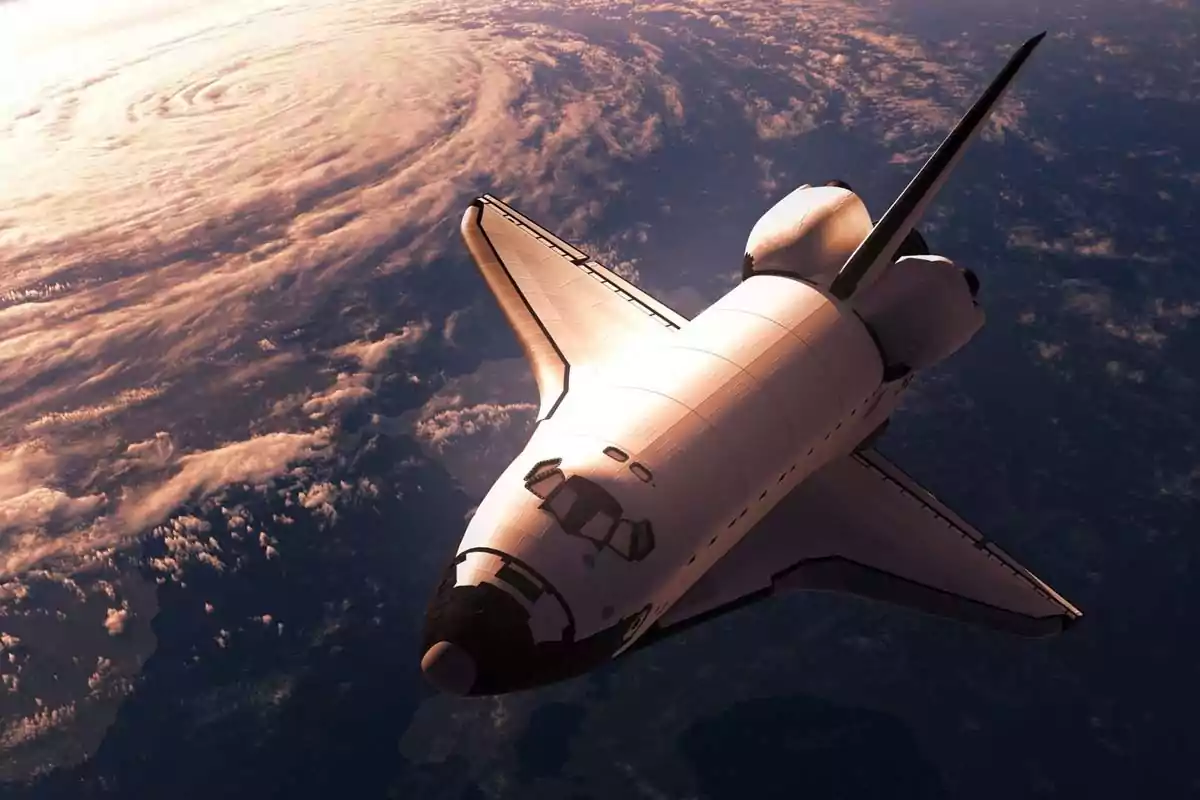
Among the objectives are tests of high-speed laser communications between satellites and a navigation system based on electromagnetic wave interference.
A new way to navigate without relying on GPS
This system is based on quantum inertial sensors, a technology that detects rotation and acceleration using atomic interferometry. It has already been tested on conventional aircraft, but now it will be evaluated in space.
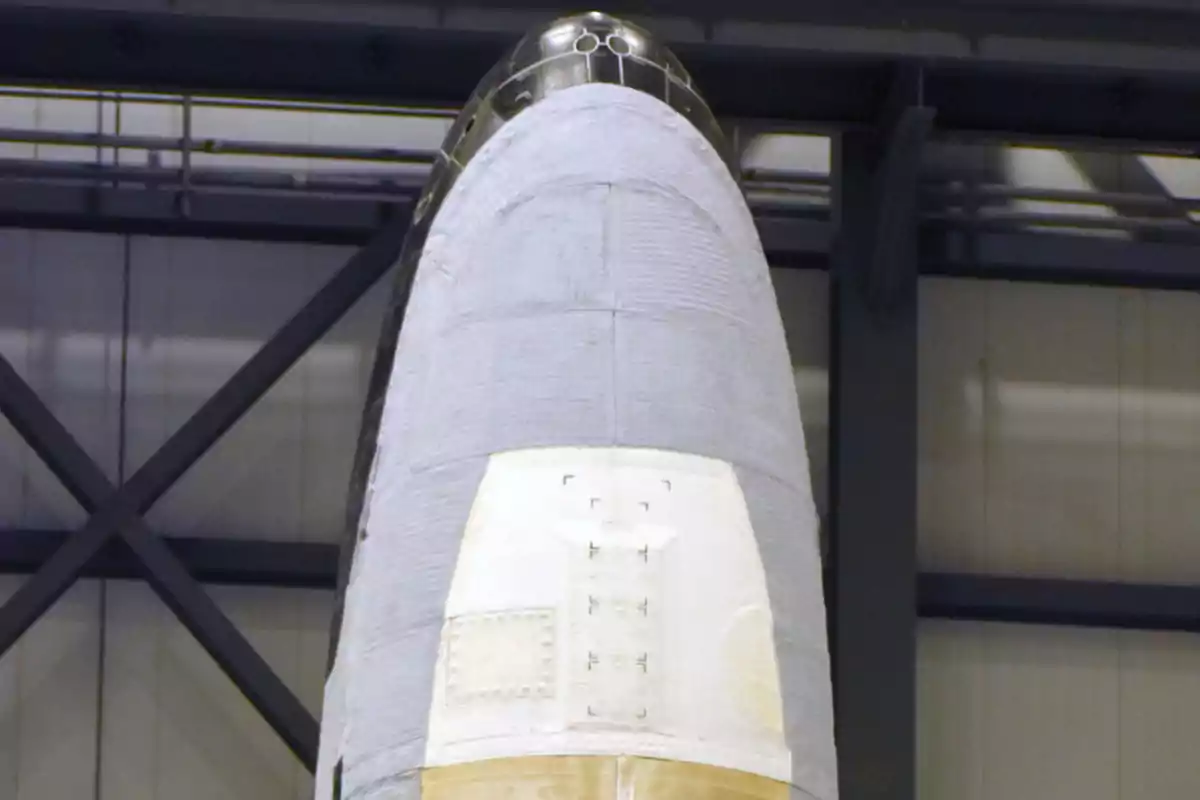
According to Space Force, it is the most precise quantum sensor ever sent to orbit. Its function will be to provide exact positioning, navigation, and synchronization in places where GPS doesn't work.
What is this technology for?
In addition to military applications, this type of navigation could be used near the Moon or on missions to other planets, where services like terrestrial GPS do not exist.
"Testing this technology will be key to operating in environments where GPS is degraded or simply doesn't exist," said Chief of Operations Chance Saltzman.
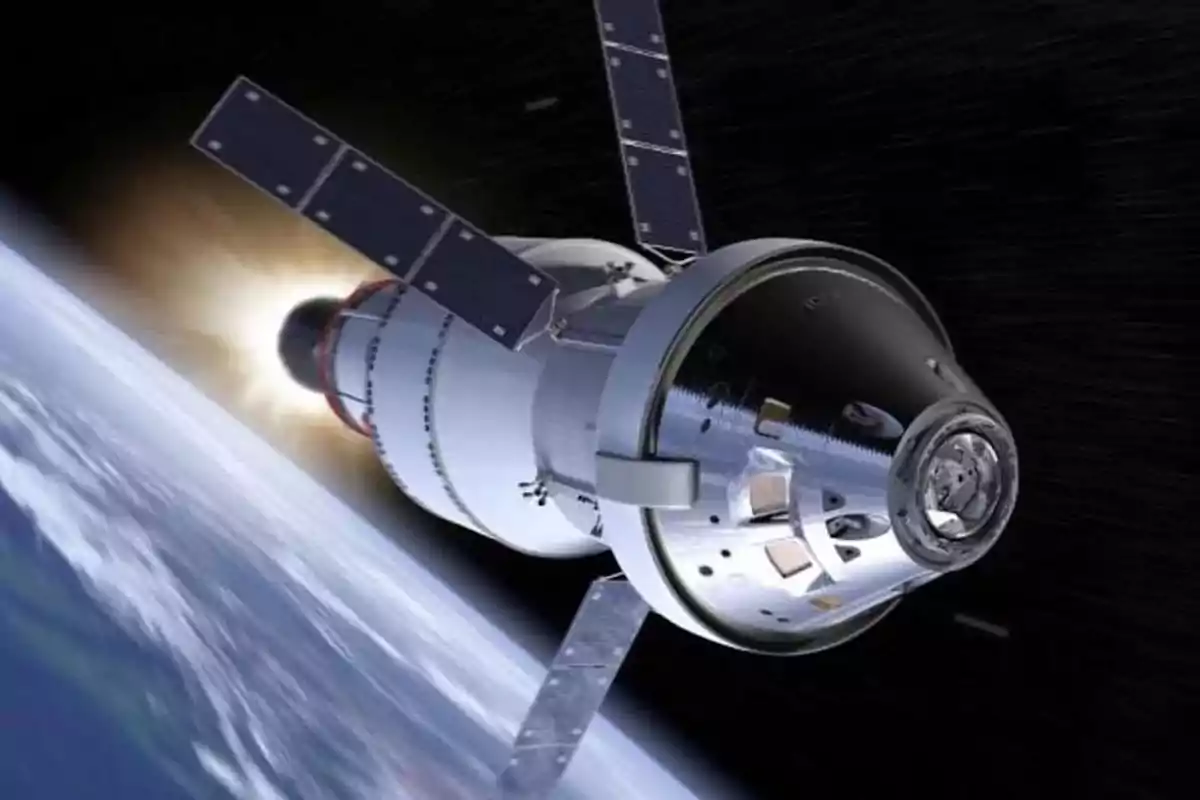
Flies again with a lighter rocket
On its last mission, the X-37B used a Falcon Heavy for the first time to reach a more distant elliptical orbit. This time, it returns to the Falcon 9, which suggests a mission more focused on low Earth orbit.
The X-37B is about 9 meters (29 feet 6 inches) long and has a shape similar to the old space shuttle, although at a quarter of its size. Its versatility has made it a key tool for secret space tests.
More posts: